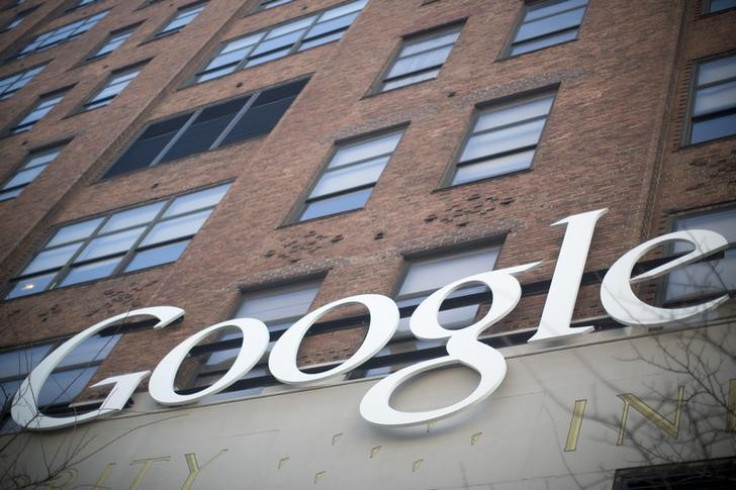Google in Spotlight as 'Black' Names Trigger Crime-Related Advertising

'Black' sounding names are more likely than 'white' sounding names to generate advertising associated with criminal records on Google, according to new research.
Harvard academic Latanya Sweeney found that when she entered typically white and black names into the search engine there was "significant evidence of discrimination".
As part of the study, which was published this week, Professor Sweeney gathered more than 2,000 names associated with different races, with typically white names including 'Jill' and 'Jeffrey' and black names including 'Ebony' and 'Deshawn'.
She then entered the names in Google and found that the black-related names were 25 percent more likely to bring up ads associated with criminality.
Professor Sweeney then took a sample of black-sounding names - Latanya Farrell, Latanya Sweeney and Latanya Lockett - and found that all produced ads for criminal records companies.
However, only one of the names actually had an arrest record associated with it.
Entering the names "Kristen Haring", "Kristen Sparrow" and "Kristen Lindquist" did not yield any criminal records ads, yet when she investigated further, Sweeney found that there were records for all three names, and arrest records for two.
Most of the 'white' names produced neutral or non-criminal advertisements.
She said: "Together, these hand-picked examples describe the suspected pattern - ads suggesting arrest tend to appear with names associated with blacks and neutral ads or no ads tend to appear with names associated with whites, regardless of whether the company has an arrest record associated with the name."
The findings raise "questions as to whether Google's advertising technology exposes racial bias in society and how ad and search technology can develop to assure racial fairness," Professor Sweeney said in a blog post.
Google has defended itself against charges of racism, and says that advertisers bid for key words or search terms through the AdWords programme, with the winner's ad being displayed alongside the search results.
A spokesman said: "AdWords does not conduct any racial profiling...
"We will not allow ads that advocate against an organisation, person or group of people.
"It is up to individual advertisers to decide which keywords they want to choose to trigger their ads."
© Copyright IBTimes 2024. All rights reserved.






